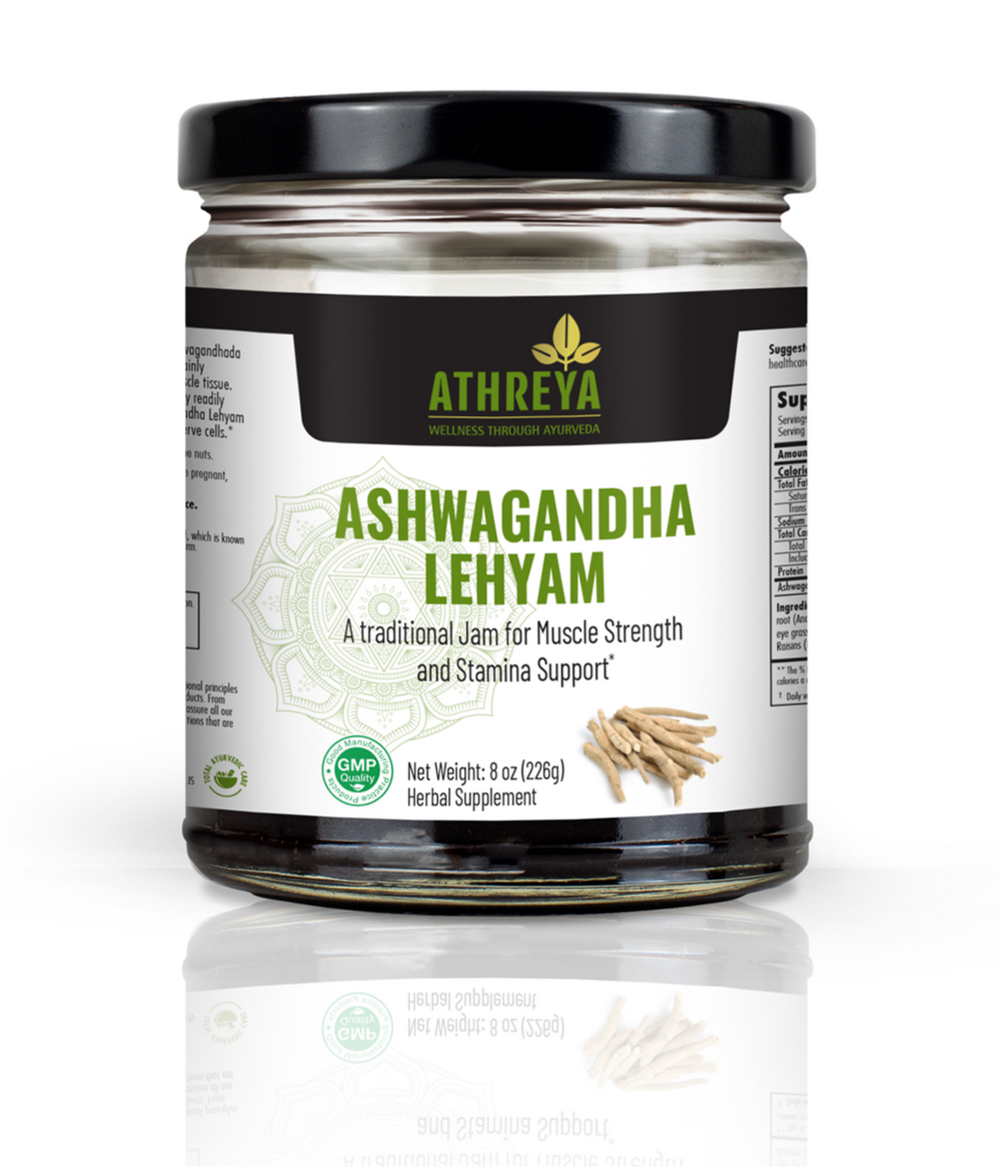Healing Stress at Its Root – The Gut, The Mind, and The Self
A Conversation Between Vaidya Jay and Dr. Trupti Gokani
In this powerful conversation between Vaidya Jay and board-certified neurologist Dr. Trupti Gokani, we explore the root causes of stress through the lens of Ayurveda and modern medicine. Dr. Gokani, author of The Stress Rx, shares her journey of integrating Eastern wisdom with her Western medical training to offer a truly holistic approach to healing stress.
Understanding the Epidemic of Stress
Dr. Gokani begins by acknowledging a sobering statistic: 75–90% of primary care visits are linked to stress-related conditions. Despite this, Western medicine often lacks the time and tools to address stress at its root.
Ayurveda, on the other hand, asks a deeper question: who are you in relation to your symptoms? Through this ancient lens, symptoms become signals. They ask us to pause, to reflect, and to understand what’s out of balance.
The Disconnect Behind Stress
One of the central ideas of The Stress Rx is that stress arises from disconnection. As Dr. Gokani puts it, we may be born with a Pitta constitution, but as we live out of sync with nature—skipping meals, ignoring our body’s rhythms—we slip into a Vata state of speed, chaos, and fragmentation. We may even begin to identify with that imbalance.
This creates an egoic state: a personality shaped by stress, which becomes so normalized we believe it’s who we truly are. But Ayurveda teaches that the mind and body are not separate, and healing begins when we reunite them.
The Gut-Brain Connection
One of the most fascinating discussions in the podcast is about the gut-brain connection. Dr. Gokani shares how neurological diseases such as Alzheimer’s and Parkinson’s often start with digestive symptoms. For example, research has found LPS (lipopolysaccharides) from gut bacteria embedded in the brains of Alzheimer’s patients. Parkinson’s may begin in the gut and travel up the vagus nerve.
These insights reveal that digestive health is not just physical, but also neurological and emotional. Ayurveda’s concept of ama (undigested material) mirrors this understanding, seeing disease as a buildup of toxins—emotional and physical—that the body cannot process.
Identity, Ego, and the Intellect
The conversation turns philosophical when Jay and Dr. Gokani explore how repeated emotional states become identities. When we live in survival mode for too long, we adopt a personality based on fear and control. Ayurveda calls this "pragya aparadh," or the mistake of the intellect—when we act against our inner wisdom.
Breaking this cycle requires deep awareness. The practice of becoming the observer, of recognizing that your decisions may come from your personality rather than your true self, becomes a gateway to healing.
Ayurvedic Daily Practices for Stress
Dr. Gokani emphasizes two foundational daily practices from her book:
-
Sleep by 10 p.m. – This aligns with the body's natural detox cycle and supports adrenal health.
-
Make lunch your biggest meal – Digestive fire (agni) is strongest at midday. Eating your heaviest meal at lunch supports metabolism and emotional balance.
She also recommends mindful eating practices, engaging all five senses in the preparation and consumption of meals. Spices like ginger, fennel, cumin, and turmeric do more than flavor food; they awaken the body's intelligence.
Final Reflections
This dialogue reminds us that healing begins with listening. To your gut. To your thoughts. To the wisdom of ancient traditions and modern science alike. Stress is not just something to manage—it’s an invitation to return to who we really are.









1 comment
I absolutely loved this interview. I am a certified Ayurveda health counselor and I just want more and more knowledge of this beautiful science. I loved everything that was said and so much rings true for me and how I want to explain this to my students and future clients. They really need to hear this in they way you are explaining it. I has to be digestible, simple and relatable. Thank you so much for this.